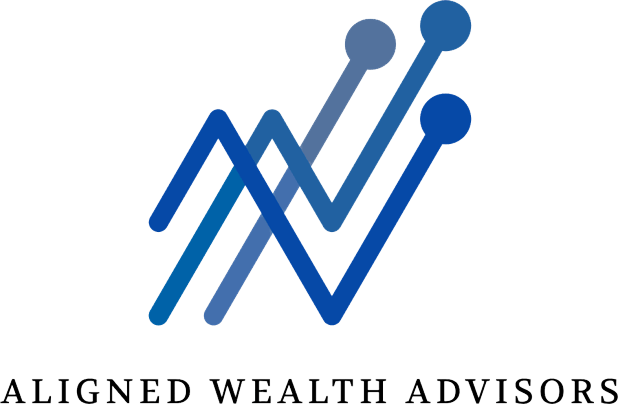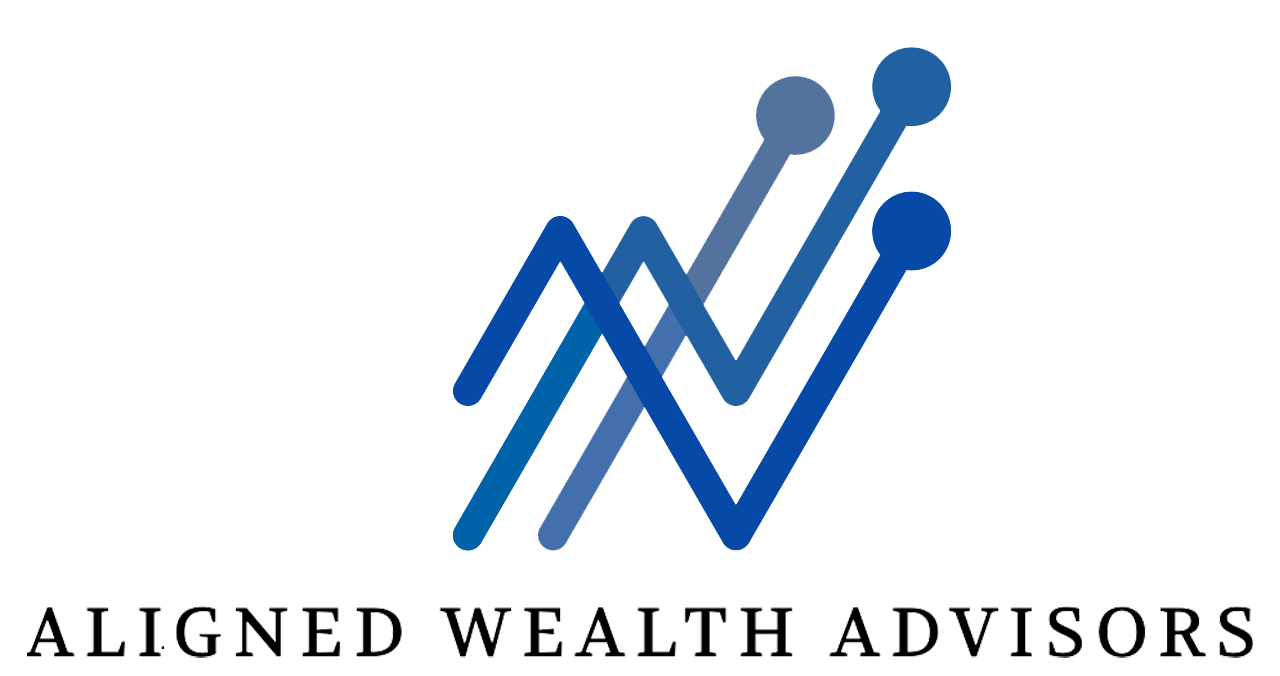Investing with Purpose: Aligning Your Portfolio with ESG Values

What if your investments could do more than grow your wealth? What if they also reflected your values—supporting environmental sustainability, fair labor practices, and ethical leadership? That’s the heart of ESG investing, and it’s quickly becoming more than just a buzzword.
At Aligned Wealth Advisors, we’ve seen a growing interest in ESG (Environmental, Social, and Governance) investing from clients who want their portfolios to have meaning. The good news? You don’t have to sacrifice performance to build an ESG-aligned strategy. But you do need a thoughtful plan.
In this blog, we’ll walk through what ESG really means, how to build a purpose-driven portfolio, and what tax implications to keep in mind as you shift your strategy.
What ESG Investing Really Means
Let’s start with the basics. ESG stands for:
Environmental: How a company manages natural resources and its environmental impact
Social: How it treats employees, communities, and customers
Governance: How ethically the company is run—board structure, transparency, and accountability
These factors give investors a broader lens to evaluate not just what a company does, but how it operates.
Will ESG Investing Hurt My Returns?
There’s a myth that ESG investing means lower returns. But that’s not necessarily true. In fact, many ESG-aligned companies manage risks more effectively, adapt faster, and attract loyal customers—all things that can improve long-term performance.
ESG portfolios have shown they can keep pace with traditional ones, especially when markets favor companies focused on innovation, climate resilience, or diversity.
One of our clients shifted part of their holdings into an ESG fund focused on sustainable tech. Over time, it held steady with their broader portfolio—and gave them the added benefit of investing in something they believed in.
How to Build an ESG Portfolio That Reflects You
This isn’t about one-size-fits-all. The key to ESG investing is aligning it with your values. Here’s how you can get started:
1. Clarify What Matters to You
Do you care most about clean energy? Gender diversity on corporate boards? Ethical supply chains? Narrowing down your priorities will help guide your selections.
2. Choose ESG Funds or ETFs
There are thousands of mutual funds and ETFs with ESG criteria built in. Some take a broad approach, while others focus on specific themes like climate action or social justice.
3. Avoid What Doesn’t Align
Use negative screening to exclude industries you don’t want to support—like fossil fuels, tobacco, or weapons manufacturing.
4. Monitor ESG Scores
Many data providers give companies ESG scores. While not perfect, they can help you assess how companies measure up on sustainability and ethics.
The Tax Side of ESG Investing
Here’s where things get more technical. Shifting your portfolio into ESG investments might involve selling other assets, which can trigger capital gains. That’s not a reason to avoid ESG—but it is a reason to plan carefully.
Tax Strategies to Consider:
- Offset gains with tax-loss harvesting (selling underperforming assets to reduce taxable gains)
- Make the switch over time, especially if you’re in a high-income year
- Hold ESG funds in tax-advantaged accounts like IRAs or 401(k)s when possible
And if you’re charitably inclined, consider donating appreciated stock instead of cash. You’ll avoid paying capital gains and still get the deduction.
Real People. Real Impact.
We helped a couple in their 60s move part of their portfolio into a mix of ESG mutual funds and a Donor-Advised Fund. They wanted their money to reflect their values—climate action, racial justice, and transparency in corporate governance. The transition happened gradually over two years, minimizing their tax impact.
Now they say checking their investment account feels more meaningful. Not just numbers on a screen—but impact, too.
Your Money. Your Mission.
ESG investing isn’t perfect, and the landscape continues to evolve. But if you’re looking for a way to invest with integrity and purpose, there are more tools than ever to help you get there.
And the best part? You don’t have to do it alone.
Final Thoughts
When it comes to investing with purpose, it’s not just about what you don’t invest in. It’s about choosing companies and funds that are actively working to build a better future.
Aligned Wealth Advisors helps you create a portfolio that aligns with your goals, your values, and your financial future.
Andrea Ward, CPA
Andrea has worked in the finance industry for nearly all of her professional life. Taking over the family business she continues to combine her tax and investment knowledge to leverage the investment power of money while reducing gains taxes paid to the IRS. She lives in the Fort Worth, Texas area, (although is happy to work with virtual clients all over the United States!) Andrea loves to travel and dabble in home decorating.
Matt Ward
Matt began helping clients in the insurance industry. However, he struggled with big business’s emphasis on selling rather than helping, so he came to work with the family business focusing on investment advisory. In his free time, he shreds the gnar on his snowboard and jams on drums and guitar (but not at the same time).




